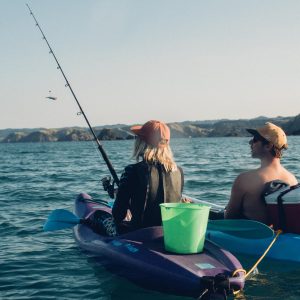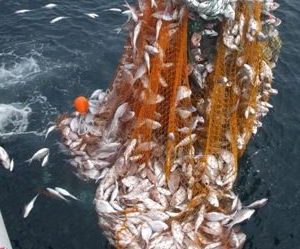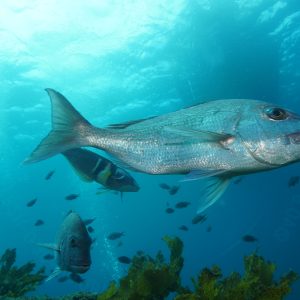As part of the Ministry for Primary Industries’ (MPI) newly proposed initiative, Future of our Fisheries (FOOF), video surveillance is planned to be installed on all commercial fishing vessels. The east coast North Island snapper fishery (SNA 1) was chosen as a trial for these cameras.
Somewhat prematurely, MPI has decided that this means it is time to cut the number of days observers spend on the boats in this area. The number of observer days has been cut by more than half.
In the 2014/2015 there was a total of 521 observer days, it has now been announced that for the 2015/16 fishing year there will only be 210 days in SNA 1.
LegaSea can understand the need to cut costs, observers can be expensive. But in light of recent events such as Operation Hippocamp and more recently the reported failure of up to 80% of camera footage from some vessels, surely it is time to play this one safe.
If a similar failure of the cameras was to happen again, that leaves such a valuable fishery being run with very little monitoring. Surely it is essential when trialing a new technology to have some way of validating what is recorded before removing our only other method of keeping tabs on what happens on the water. This is particularly important for an industry that is known to flout the rules.

MPI themselves know the importance of these observers, in their FOOF consultation documents they recognise this multiple times, by saying:
“In the absence of Observers, there is no sure way of monitoring or verifying catch-effort reporting by vessels, particularly given the incentives to maximise economic returns by discarding small or damaged fish.”
“There are well-documented studies that identify the difference between catch reported by vessels with and without Observers, such as, that unobserved vessel catches are significantly different to observed vessel catches” and:
“These differences in reporting distort catch statistics and threaten the integrity of the QMS. Further unreported catch, including misreporting of bycatch, can introduce significant uncertainties into total catch estimation that can have serious implications for fishery sustainability and management of broader environmental impacts of fishing.”
It is clear MPI understand the importance of having accurate observations of fishing practices, but to leave this in the hands of a system which has not yet proved it is up to the task is irresponsible.
All of these risks, on top of the fact the monitoring is being carried out by Trident Systems, who are owned by the fisheries companies themselves, makes for a very uneasy feeling. How can we trust the fishers to monitor themselves with inadequate technology and then strip away over half of our last line of defence?
For a change, let’s err on the side of caution.
An unmonitored fishery is asking for trouble, especially when it is New Zealand’s biggest recreational fishery. There is too much at stake to take chances.





